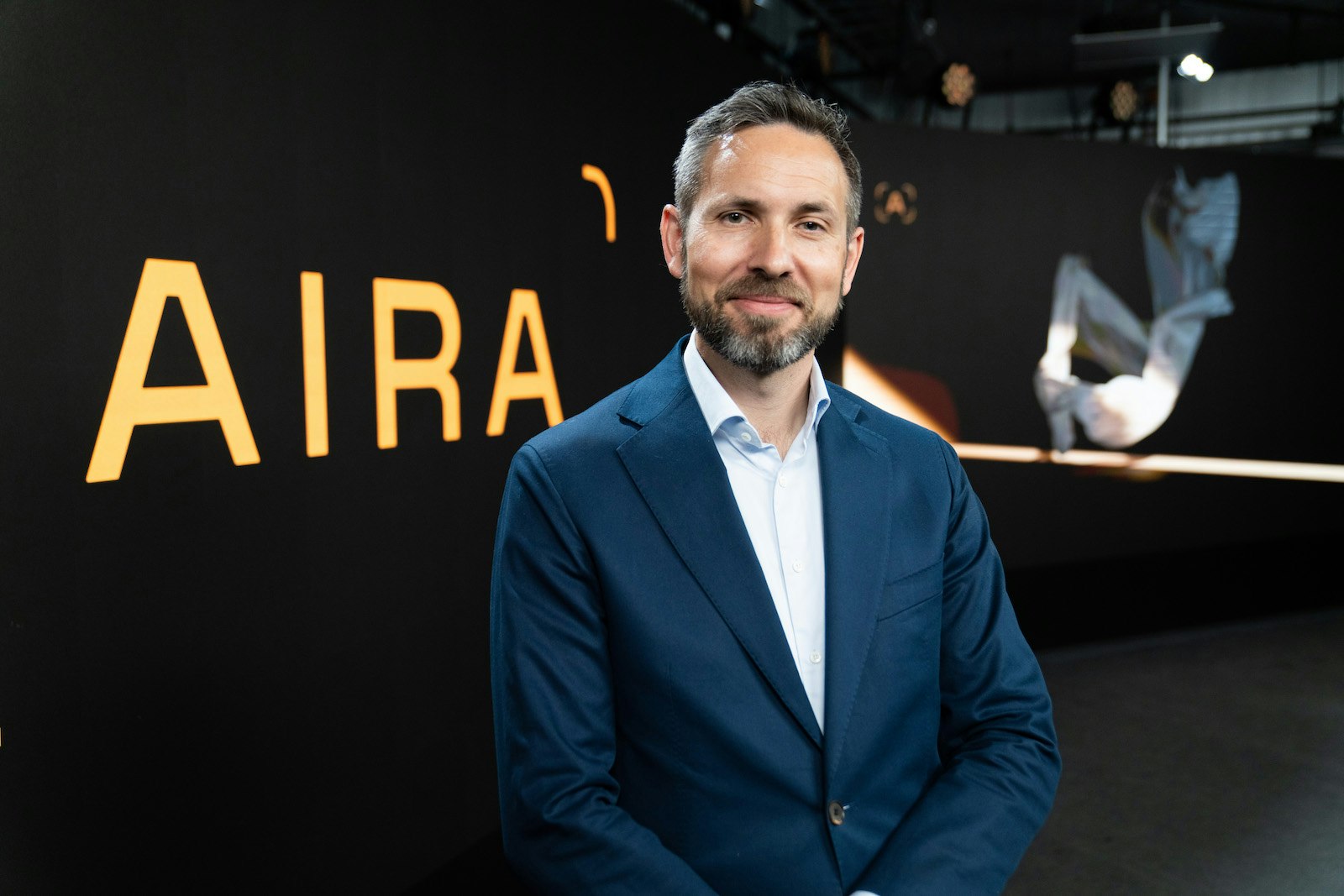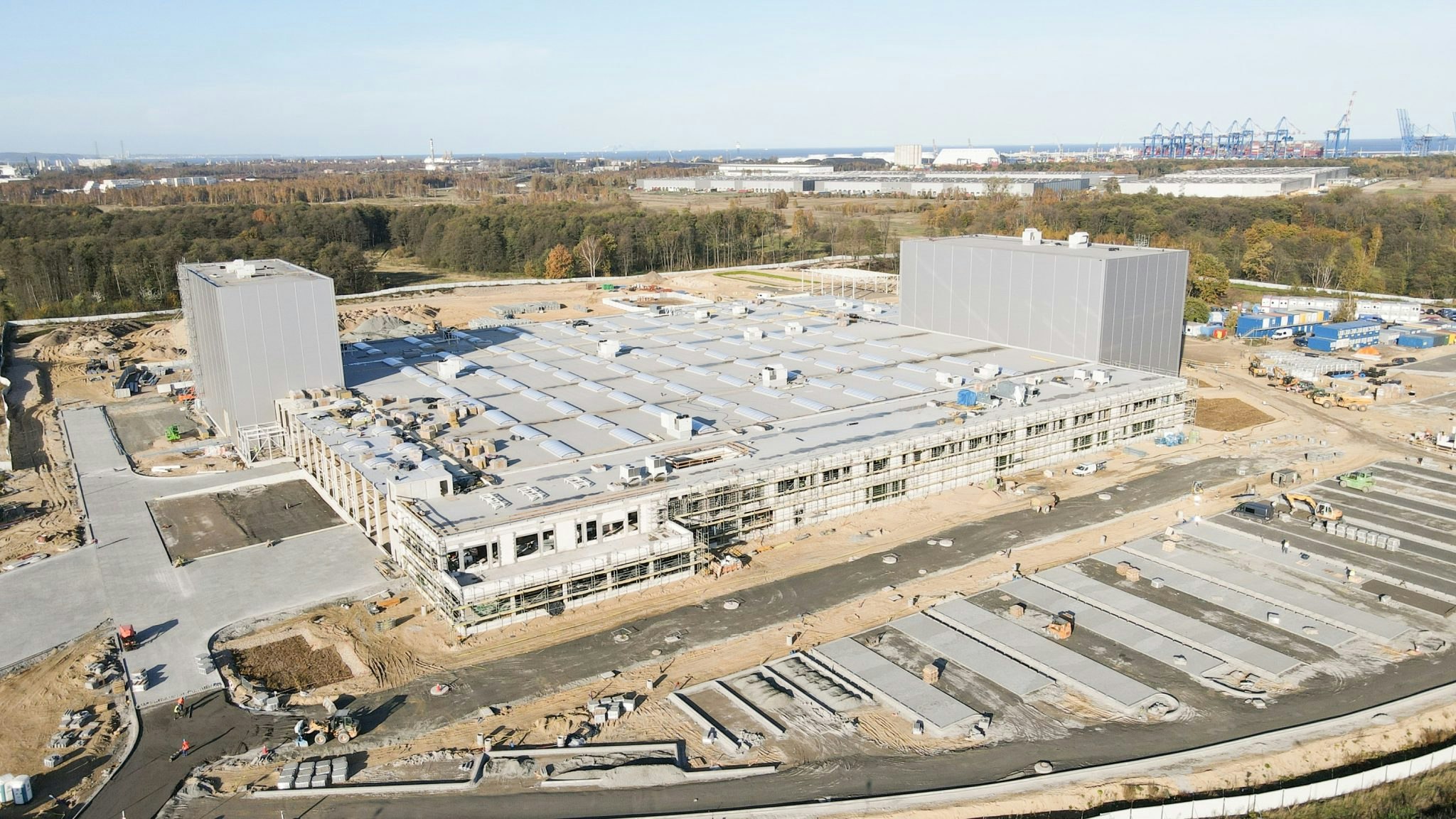The sun may be setting on Europe’s dreams of building a solar-powered car.
The Netherlands-based company that produces Lightyear, set to be the world’s first production-ready solar car, filed for bankruptcy in Dutch court last week. Backers from the European Innovation Council, state-run fund Invest-NL and regional development agencies in the Netherlands have backed Lightyear with nearly $250m.
As with many bankruptcies, things are complicated. Though the cars are called Lightyear, the company that produces them is called Atlas Technologies, Reinoud van Oeijen, Lightyear’s administrator, confirmed to Sifted.
It’s held by a holding company which has not filed for bankruptcy. There’s also a sister company of Atlas, also held under the holding company, that develops solar panels. This company isn't bankrupt either.
The 630 employees who worked on Lightyear at Atlas have been laid off, but there are still about 20 who will remain as a solution is sought for the solar panel subsidiary.
It’s a choppy time for European vehicle startups across the board, as the cost of materials soars and capital streams dry up. Arrival, a UK-based company building electric vans, announced another 800 job losses yesterday.
A few days before the bankruptcy, Lightyear had announced it was halting production of its first car model, Lightyear 0, to focus on another, cheaper model, Lightyear 2. Lightyear 0 had only gone into production in December 2022, and was set to go on sale at €250k.
Lightyear was founded in 2013 as a spinout of Eindhoven University. Lightyear’s cars worked by fitting solar cells on the roof and the front of the vehicle. Its first Lightyear 0 first car could run for 725km, with 70km of that coming from solar and the rest from electric charging.
Speaking to Sifted at the end of last year, Martijn Lammers, cofounder of the company, estimated that 40% of Lightyear drivers would never have to charge their cars.
Europe has one other startup working on solar-powered cars: Sonos Motors. It's currently running a campaign called “Save Sion” — it’s first vehicle — asking customers to put down deposits on a vehicle.


